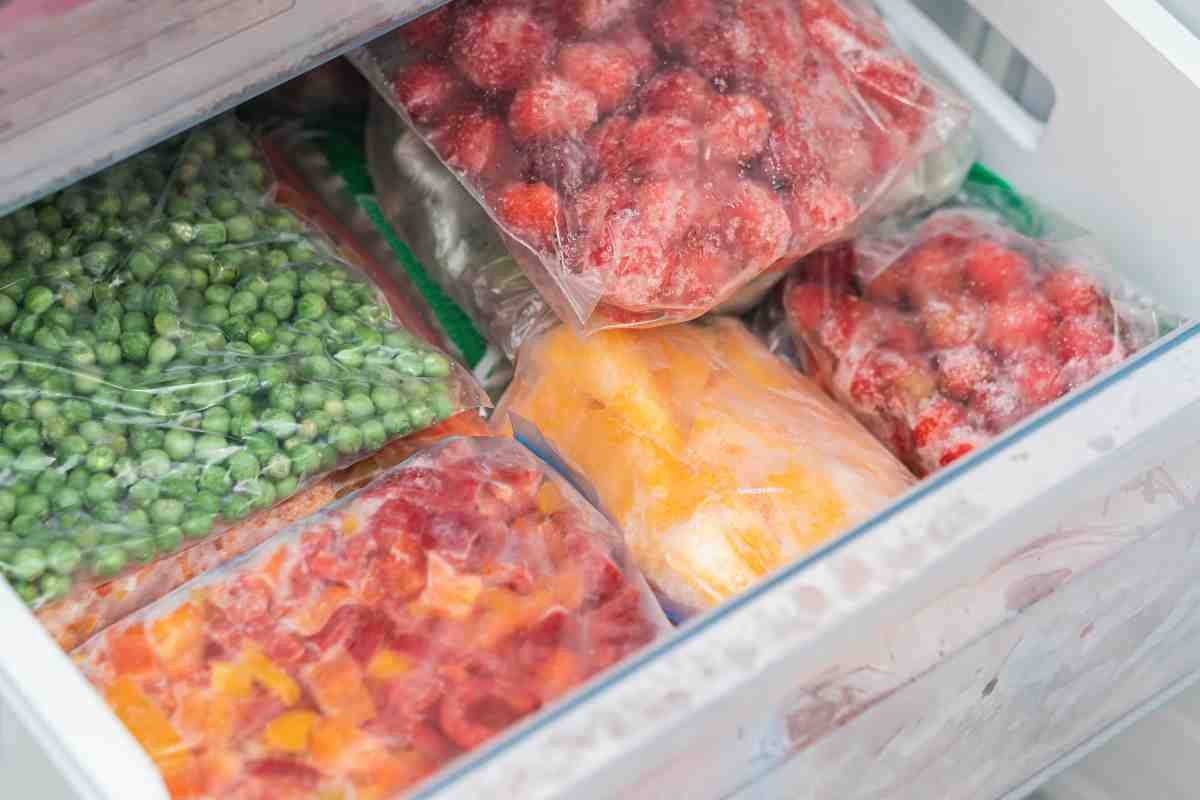A healthy diet is crucial for overall well-being, as it helps in maintaining physical and mental health. However, eating healthy and having a nutritious diet on a limited budget is often challenging. Does it mean you will stop eating healthy food and sacrifice good nutrition?
Here are 20 tips that will help you eat healthy on a budget without compromising on nutrition or taste:
1. Plan Your Meals
This can become one of the best ways to eat healthy on a budget if you’re aware of the seasonal foods and vegetables. Seasonal vegetables and fruits are usually sold at lower prices, so you can plan your meals accordingly.
2. Make a Shopping List and Stick to It
A shopping list is crucial for eating healthy on a budget. Before heading to the store, make a list of the items you need based on your meal plan. This will help you avoid buying unnecessary items and keep you focused on purchasing only what’s essential.
3. Buy in Bulk
Buying in bulk can be a great way to save money while eating healthy on a budget. Look for non-perishable items like whole grains, beans, and lentils, which are often cheaper when bought in larger quantities. Just ensure you have adequate storage to keep bulk items fresh.
4. Shop Seasonal and Local Produce

There are some items in the vegetables or grains you can buy in bulk from the farmers that can be used for more than a year, like rice, wheat, potatoes, onions, etc. If you’re purchasing at the time of production, it will cost you less than half. This is how you can save money and eat healthy on a budget.
5. Use Coupons and Discounts
Take advantage of coupons and store discounts to eat healthy on a budget. If you have a good social connection with high-profile people, there is a high possibility you can get heavy discounts on several items with the help of coupons. Also, there are many online grocery shops available offering heavy discounts, like loyalty programs, digital coupons, or weekly sales.
6. Cook at Home
Cooking at home is one of the most effective ways to eat healthy on a budget. Homemade foods are more cheap, delicious, and fresh than hotel foods.
7. Prepare Meals in Advance
Batch cooking and meal prepping can save you time and money. Prepare large batches of meals and portion them into containers for easy access throughout the week. This not only helps with portion control but also prevents the temptation of expensive, unhealthy takeout options.
8. Incorporate Plant-Based Proteins
Plant-based proteins like beans, lentils, and tofu are generally cheaper than animal-based proteins. They are also packed with nutrients and can be a great addition to your diet. Incorporate these into your meals to save money and enhance your nutritional intake.
9. Use Frozen Fruits and Vegetables

Many people purchase fruits and vegetables in bulk to save on the overall cost of purchasing. But they usually fail to use those items for a week or more; as a result, they have to eat stale and rotten foods. They can use refrigerators to keep their food clean and fresh.
10. Avoid Processed Foods
Processed foods are often pre-packed meals that are expensive and harmful to your body. Focus on buying fresh foods, whole grains, and lean proteins to eat nutritiously at low prices. This will help you eat healthy on a budget and improve your overall diet.
11. Grow Your Own Herbs and Vegetables
Growing your herbs and vegetables can be one of the best ways to eat healthy on a budget. Even if you don’t have lots of space to grow vegetables or grains, you can start a small herb garden on a window hill or balcony. This will enhance the taste of your meal without adding any extra cost.
12. Compare Prices
Don’t be ashamed of buying foods and vegetables from local footpaths or streets; they sell more fresh foods than in big stores. You can use apps or give some time to compare the prices at different stores before purchasing. This small step can help you eat healthy on a budget.
13. Use Leftovers Creatively
Don’t let leftovers go to waste. Get creative with how you use them to create new meals. For example, leftover chicken can be used in salads, soups, or stir-fries. This not only reduces food waste but also saves you money by making the most out of what you already have.
14. Make Your Own Snacks
Making your own snacks can be a healthier and more budget-friendly option than buying pre-packaged ones. Prepare snacks like homemade trail mix, roasted chickpeas, or fresh fruit. These options are often cheaper and more nutritious than store-bought alternatives.
15. Limit Expensive Ingredients
Certain ingredients, like exotic spices or specialty items, can quickly add up and impact your budget. Use basic, versatile ingredients that are cost-effective and widely available. Focus on staples like garlic, onions, and herbs to add flavor to your meals without breaking the bank.
16. Choose Whole Grains

At the time of purchasing, make sure to buy whole grains rather than refined grains. Grains like brown rice, quinoa, and whole wheat pasta give you more nutrients and fiber than others. This is what makes it a great choice to eat healthy on a budget.
17. Cook in Bulk and Freeze Portions
Cooking in bulk and freezing portions is a smart strategy for eating healthy on a budget. Prepare large batches of meals and freeze individual servings for later use. This will help you avoid the temptation of eating out and ensure you have nutritious options readily available.
18. Utilize Budget-Friendly Recipes
Look for budget-friendly recipes that focus on affordable, nutritious ingredients. There are many resources online for recipes that fit a tight budget while still offering balanced nutrition. Explore these recipes to find new ways to eat healthy on a budget without compromising on flavor.
19. Drink Plenty of Water
Drinking water is essential for overall health and can help you stay hydrated without adding extra costs. Instead of spending money on sugary drinks or expensive beverages, stick to water. It’s a simple way to support your health and keep your budget in check.
20. Practice Mindful Eating
Mindful eating involves paying attention to your hunger and fullness cues and savoring each bite. This practice can help you avoid overeating and reduce food waste. By eating mindfully, you’ll make more conscious food choices and better manage your budget.
Conclusion
If you follow the right approach, then eating healthy is not as challenging as you have made it. By following the above 20 eat healthy on-budget tips, you can save money and give your body the right nutrients. Remember, eating healthy is about making smart choices and being creative with what you love.









